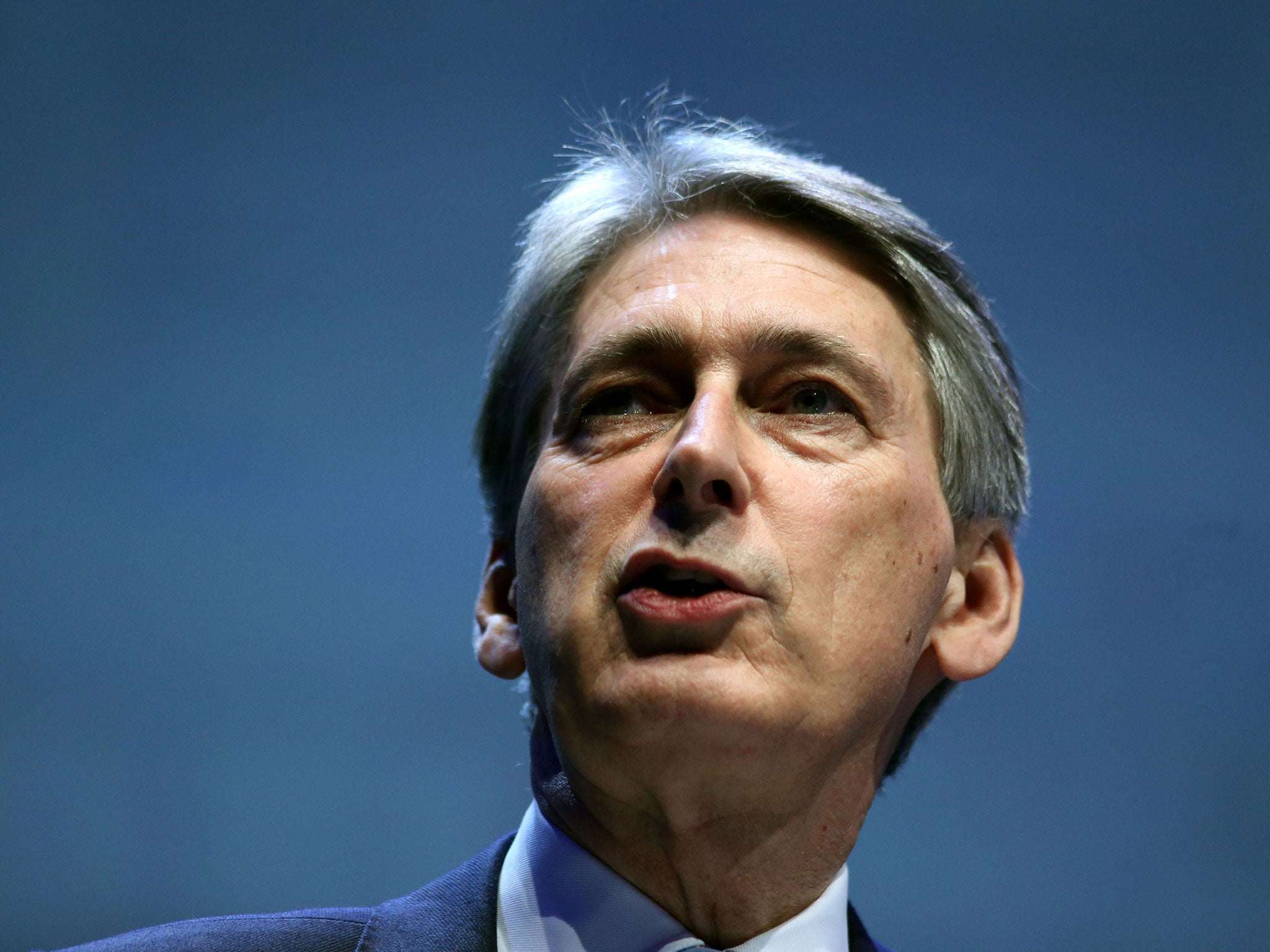OECD warns of bleak economic future for Britain but will it be enough to spur MPs to act?
If Brexit is the child of complacency, the torpid growth forecast for 2018 may not be enough to force the Government to change course before it’s too late

“Today’s OECD analysis should be the final nail in the coffin for the already long-buried notion that Brexit will benefit our economy,” said Labour MP Wes Streeting, a leading supporter of the Open Britain campaign and member of the Treasury Select Committee, in response to the latest bleak portrait of the country’s future.
The organisation’s latest forecast puts the UK’s growth for 2018 at a pitiful 1 per cent, making it the developed world’s economic slowcoach.
Its verdict is stark – and remember it has no horse in this race. It warns that the Brexit negotiations are likely to leave the country without a free trade agreement ahead of the official exit date in 2019, with potentially disastrous consequences.
The torpor of a 1 per cent growth rate next year could be remembered as the sunlit uplands of Brexit at that point, as a dark reality, including a run on the pound, a downgrade to the UK’s sovereign credit rating, a collapse in business investment, and a reluctance among international lenders to support the country, is realised.
There is a way around this. Practical steps can be taken if sufficient numbers of Streeting’s colleagues on both sides of the House of Commons steel themselves to stare down the hardline Brexiteers and to ignore the shrill denunciations of those who fail to worship at their altars as “unpatriotic”.
The Organisation for Economic Cooperation and Development argues that reversing Brexit would provide an immediate, and potentially impressive, economic boost. It remains hard to see that happening, however much some of us might wish it. Hugging the European Union close, as the Chancellor favours, might be the best that those who care for this country’s future can hope for. It would at least limit the damage.
The trouble is, we have heard the sort of arguments tabled by the OECD before, and from numerous reputable and respectable organisations. The response of the leading Brexiteers is to beat their chests, shout “Britain”, and spin more lies, egged on by their newspaper supporters.
Despite the latter, public opinion has shown signs of hardening against them, and their destructive, nihilism. Partly in response, MPs have indicated a willingness to take action to prevent the UK crashing out in the no-deal scenario favoured by an extremist group of hard-right Tory MPs, who have for too long been allowed to dictate the agenda.
But will it be enough?
Probably not. There is an argument, eloquently expressed by Janan Ganesh in the Financial Times, that Brexit, along with related populist movements such as Trumpism in the US, is a child not of the electorate’s pain, but of its complacency.
It holds that voters have been willing to indulge these them, in spite of the immaturity of their leaders, because they have yet to suffer the sort of privations that those who, for example, lived through the Second World War endured. They turned to moderate politicians, who lived through it with them, in its aftermath.
Business news: In pictures
Show all 13If there is truth in that, and Ganesh raises an interesting point, then it might be that the British are going to have to suffer through a lot more for enough of them to understand the dead end down which the Brexiteers would steer them, and to recognise their childish posturing for what it is.
The majority of those believing Brexit to be a mistake in polls is still relatively slim, and that 1 per cent growth the OECD predicts for 2018 is still growth. Living standards are falling, but homes aren’t yet being repossessed in numbers. The rate of unemployment is low.
An economic crisis is brewing, but it is not here yet. The pity is that it may not arrive in time to persuade MPs to take the action required to avert the worst of it before it is with us.
Subscribe to Independent Premium to bookmark this article
Want to bookmark your favourite articles and stories to read or reference later? Start your Independent Premium subscription today.

Join our commenting forum
Join thought-provoking conversations, follow other Independent readers and see their replies